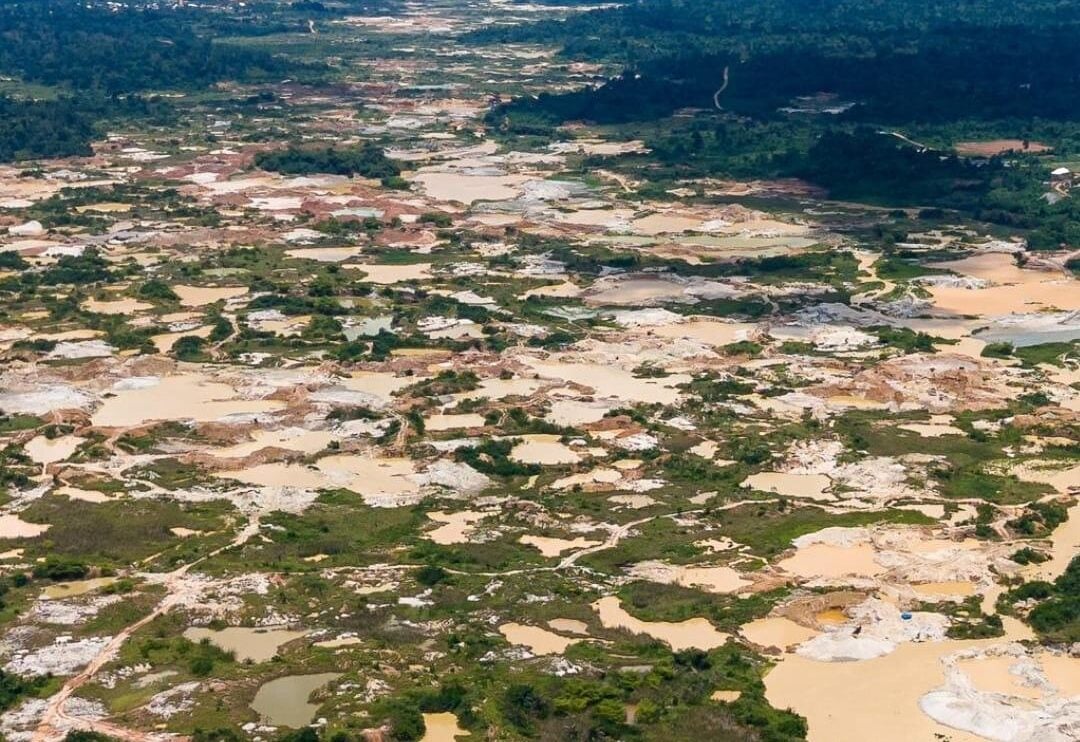Key Takeaways
- Ghana Green Guard is a $25 billion climate initiative launched through a public-private partnership involving CarbonPura Africa, the Ghanaian EPA, Musim Mas, and PSPH.
- The project aims to generate 305 million carbon credits over 12 million hectares, potentially raising $10.4 billion in revenue over 25 years.
- The initiative includes reforestation, regenerative agriculture, and water restoration projects to improve climate resilience.
- Ghana Green Guard aligns with all 17 UN Sustainable Development Goals and Ghana’s net-zero ambitions.
- Local communities, especially women and vulnerable farmers, will benefit from capacity-building, clean water, and economic development support.
Ghana Green Guard Launches $25 Billion Climate Futures Initiative
CarbonPura Africa, in partnership with the Environmental Protection Authority (EPA) of Ghana, PSPH (Private Sector Participation in Health), and other collaborators, has launched the Ghana Green Guard initiative. The public-private agreement seeks to deliver climate-smart and regenerative solutions across 12 million hectares in Ghana. It focuses on leveraging carbon and biodiversity finance to fund reforestation, clean water access, ecosystem restoration, and community support initiatives.
Carbon Credit Generation and Long-Term Goals
The project aims to generate over 305 million high-quality, investment-grade carbon credits, which are projected to produce $10.4 billion in cumulative revenue over 25 years. Activities span reforestation, restoration of lands affected by illegal mining, regenerative agriculture, and coastal ecosystem protection. Each intervention is tailored to specific ecological and socio-economic characteristics of Ghana’s diverse landscapes.
Public-Private Collaboration to Support National and Global Goals
Ghana Green Guard supports national policies, including President Mahama’s development agenda, and aligns with the country’s net-zero ambitions and the 17 United Nations Sustainable Development Goals.
Prof. Nana Ama Browne Klutse, CEO of the EPA of Ghana, described the agreement as “a significant milestone in Ghana’s environmental journey,” emphasizing its role in leveraging carbon markets to promote sustainability and secure long-term access to clean water.
Focus on Community Engagement and Resilience
The initiative is designed to generate socio-economic impact in parallel with environmental benefits. Key components include financial inclusion, women's empowerment, participatory planning, and improved healthcare services. Targeted interventions aim to enhance food security, protect biodiversity, and reduce vulnerability to climate change.
Dr. Francis Adjei, Executive Director of PSPH, stated, “Through the Ghana Green Guard initiatives, we are ensuring that climate action translates into better healthcare, stronger communities, and a future where no one is left behind.”
Technical Oversight and Investment-Grade Standards
CarbonPura Africa leads the initiative’s development, with Carbon Capital Corporation and Carbon Planet contributing expertise in regulatory compliance and investment readiness. According to Mark Phillips, CEO of Carbon Capital Corporation, the program exemplifies “how carbon finance can drive real change, protecting ecosystems, empowering communities, and supporting Ghana’s climate commitments.”
Dr. Fred Bedzrah, Vice President of Operations at CarbonPura Africa, added, “The Green Guard Ghana Agreement sets a new benchmark for environmental and socio-economic impact and is a bold step forward toward positioning Ghana as a leader in sustainable carbon finance.”
International Partnerships to Enhance Scale and Delivery
The initiative includes collaboration with international partners, NGOs, and academic institutions to ensure scientific rigor and scalability. Cath Thrupp, CEO of Carbon Planet, noted that Ghana is “leading the way in originating large-scale decarbonisation and landscape restoration programs.”
Future expansion phases are expected to broaden the reach and impact of the initiative across additional regions, continuing to integrate biodiversity protection with economic development and climate adaptation strategies.


